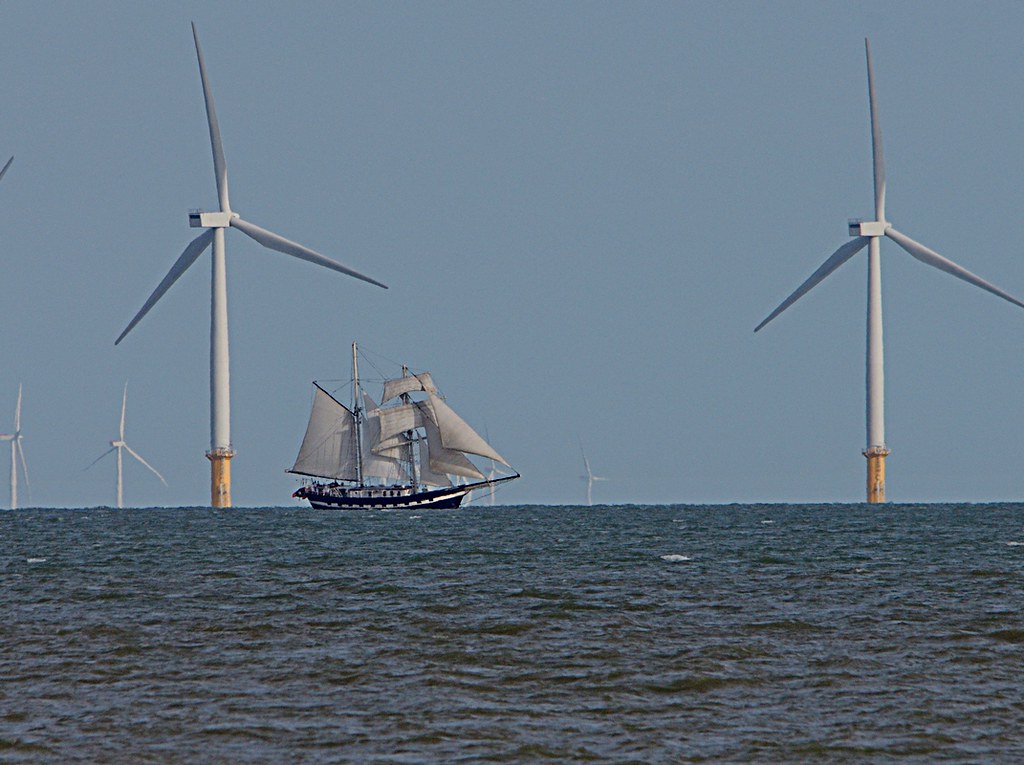My statement wasn't presented as any sort of "authority". It's an observation based on my background in finance, accounting, and systems.
First, thank you for your detailed response. I appreciate it. I also appreciate your finance perspective on the topic, something that's usually not discussed.
Second, the statement that I initially questioned had little to do with finance, rather dead birds and noise pollution. However, I'd appreciate a response from your finance perspective on the social and environmental costs (literal costs) from this. As an engineer (and consultant), I work on a very small portion of what power plants do, and in that small portion, we deal with social and environmental costs of impacts to society and the environment. Any thoughts?



 Wind power - old & new
Wind power - old & new![[No title]](/data/xfmg/thumbnail/37/37521-5e19cc15e190997d963ed09c3c13ca9c.jpg?1734170681)










